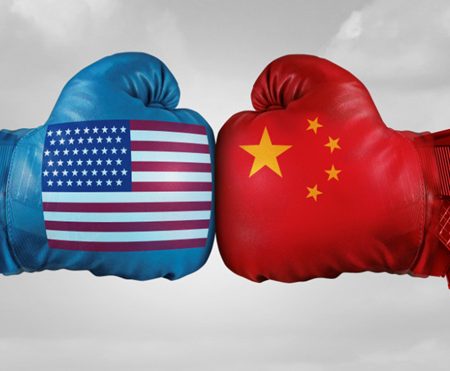What Do Exporters Want? It is time to cease redeveloping export-boosting strategies.
There is a consensus today among all segments of society, including thinkers, researchers, decision makers and even the citizen, on the need to rely on more sustainable resources for foreign exchange, due to the economic crisis experienced by the Egyptian economy, which resulted in unprecedented increases in the level of prices and a significant devaluation in the value of the currency and widened the gap between the official exchange market and the parallel market.Everyone, led by the political leadership of the state, has come to advocate the need to boost exports. The Egyptian government has already announced since the COVID-19 crisis its aim to increase Egyptian exports to various international markets to reach USD 100 billion annually through the promotion of the Egyptian product, increasing its competitiveness and opening new markets for Egyptian products, in addition to providing all aspects of support to exporters, which is not far away. With this Egypt can go beyond this goal.
Download the full blog







